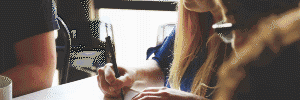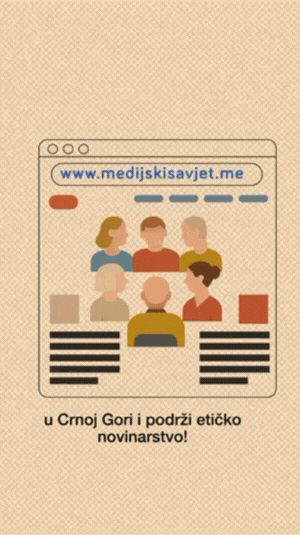A two-day workshop on the amendments to the current Journalists of Montenegro Code of Ethics was held in Podgorica on 26 and 27 June, with the support of the Council of Europe, OSCE, and UNESCO. The workshop was led by Juan Barata, a media expert of UNESCO.
This workshop also marked the official beginning of the work on the Code’s amendments, which have been in preparation for some time. In addition to representatives of all self-regulatory bodies and a representative of the Association of Professional Journalists, participants also included representatives from the Council of Europe, UNESCO, and the OSCE.
On the first day, all principles of the current Code of Journalists were thoroughly reviewed, and all parts that should be reformulated or supplemented were identified. It was agreed that some sections of the Code would be moved to new chapters and that existing ones would be supplemented. It was also decided that certain outdated terms would be removed and replaced with more modern expressions that better reflect current technological changes.
The working group also accepted the suggestion to remove some formulations that are no longer relevant or do not reflect new journalistic standards.
The second day of the workshop focused on the inclusion of content in the Code prompted by rapid technological development and media digitalization. In this context, the working group paid particular attention to provisions concerning the use of artificial intelligence in media, social media and the profiles of media organizations on such platforms, as well as individual journalist profiles, the right to be forgotten, and several other principles that require more detailed elaboration.
The next meeting of the working group is scheduled for 29 September. By then, all proposals for amendments to the current Journalists’ Code should be drafted. During that meeting, the first draft of the amendments is also expected to be adopted and sent for public consultation to all interested media and media associations. Based on the comments received during the public consultation, a Round Table will be organized at the end of the year to discuss the final draft of the new Journalists’ Code.










